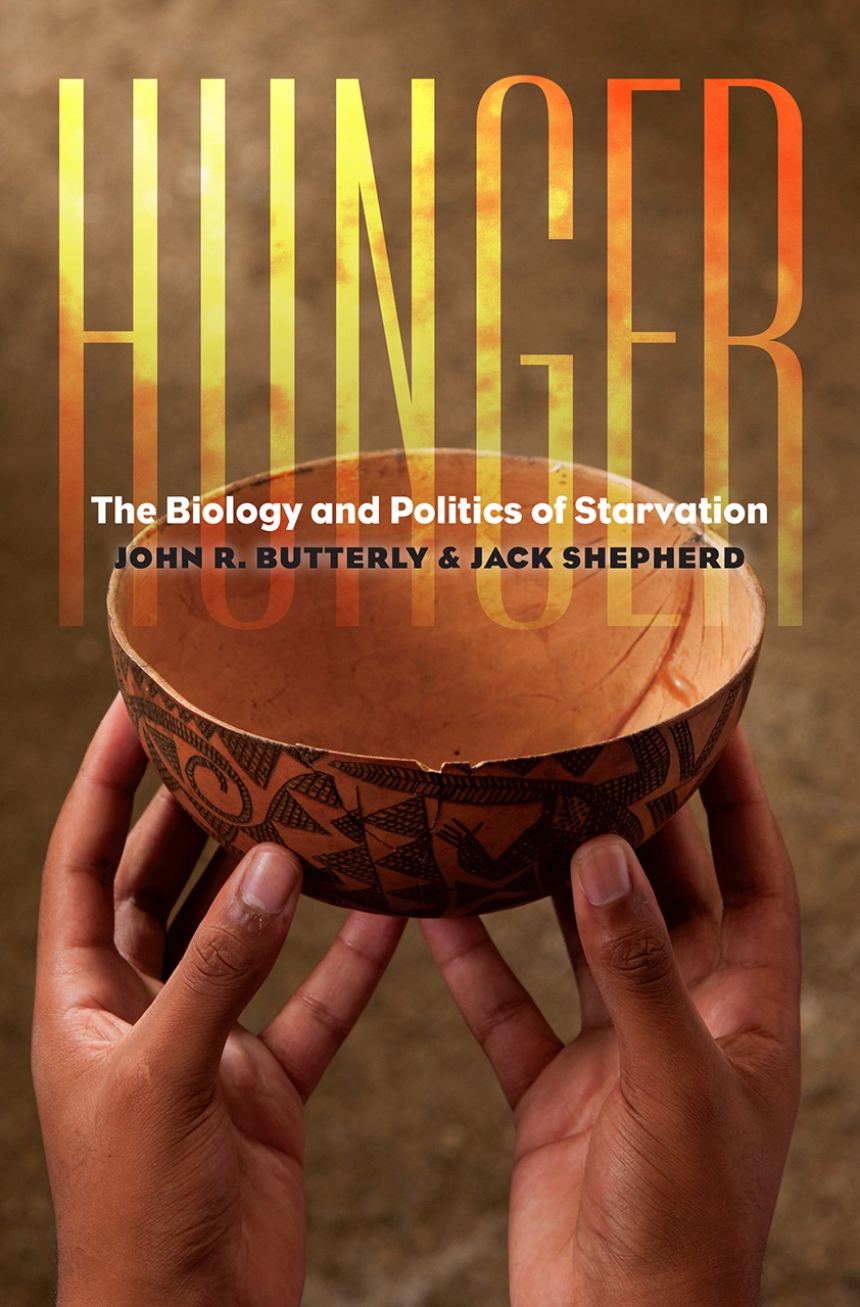The Universal Declaration of Human Rights, adopted by the United Nations in 1948, recognizes the individual’s right “to a standard of living adequate for the health and wellbeing of himself and his family, including food, clothing, housing, and medical care.” More than sixty years later, despite the rapid advancement of science and technology and the proliferation of humanitarian efforts, inadequate nutrition remains a major health and social problem worldwide. Food insecurity—chronic malnutrition, persistent hunger, even starvation—still afflicts more than one in seven of the world’s people. As Butterly and Shepherd show, hunger is not the result of inadequate resources and technologies; rather, its cause is a lack of political will to ensure that all people have access to the food to which they are entitled—food distributed safely, fairly, and equitably. Using a cross-disciplinary approach rooted in both medicine and social science to address this crucial issue, the authors provide in-depth coverage of the biology of human nutrition; malnutrition and associated health-related factors; political theories of inadequate nutrition and famine; historical-political behaviors that have led to famine in the past; and the current political behaviors that cause hunger and malnutrition to remain a major health problem today.
Table of Contents
Acknowledgments • PLATFORM OF UNDERSTANDING • Prologue: “Peasants Always Starve” • The Silent Emergency • The Framework of Understanding • Lessons from the Great Irish Famine: The Causes of Starvation • THE CRISIS OF NUTRITION • The Basics of Nutrition • The Anatomy and Physiology of Nutrition • Agriculture: The Birth of Civilization . . . and Famine • Lessons from the Great Irish Famine: Nutrition • THE GENESIS OF RESPONSE • Responses on the Ground • Responses: Government and International • Responses to Malnutrition • Lessons from the Great Irish Famine: Nineteenth-century Ireland and Modern Africa • WHY PEOPLE STARVE AND DIE • Why Do Some People Starve? • Why Do Some People Die? • The Biological Basis for Political Behavior • Lessons from the Great Irish Famine: Who Starves and Why? • THE WAY FORWARD • The Right to Food • Best Practices • Prescription for Change • Notes • Index
